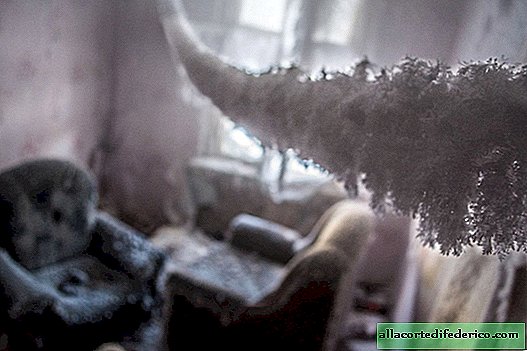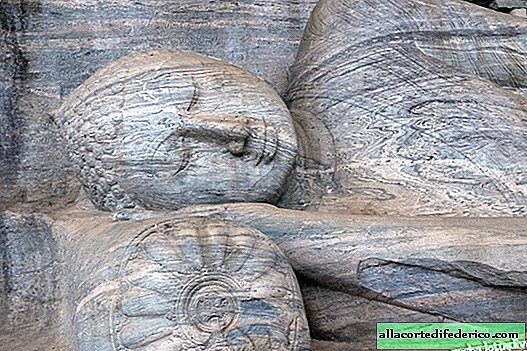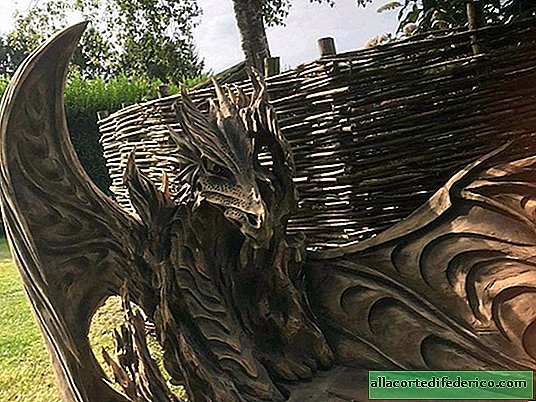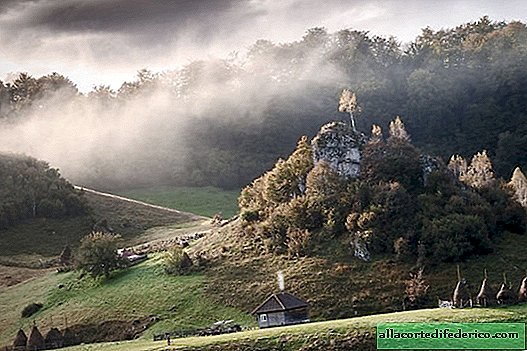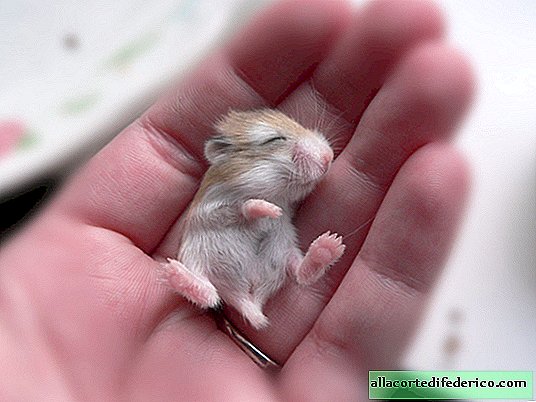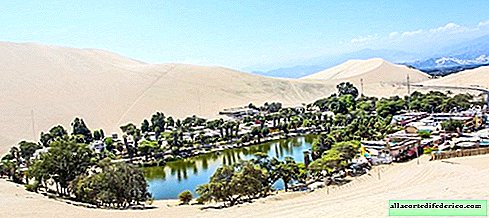Images from Australia that will make you take a fresh look at global warming
The planet is changing right before our eyes, and we can no longer deny this. Disturbing changes can be seen not only looking at the reduction of the ice sheet, but also paying attention to any other ecosystem on Earth. For example, Australian scientists have published their views on global changes that have directly affected coastal ecosystems. Researchers suggest looking at the footage taken in 2011 and 2017 and feel how hard it has been on our planet recently.
At first glance, it might seem that it is quite hot in Australia and the surrounding seas, therefore, there are not so noticeable signs of global warming, because local ecosystems are accustomed to high temperatures. But even for the Australian bays and coasts, the last decade has not passed without a trace. A general increase in water temperature of 2-3 ° C critically affected the state of coral reefs, algae and coastal mangroves. The situation is aggravated by the frequent cyclones and acute periods of El Nino, when an area with very high water temperatures forms in Australia's surroundings. According to scientists, already about 45% of the coast of Australia suffered from temperature changes, there is a clear degradation of ecosystems.
The disappearance of kelp along the west coast

The death of the mangrove forest, Carpentaria Bay

Mangroves have been affected by a number of negative factors, including high air temperatures and falling sea levels in the bay. This type of ecosystem is very vulnerable, as it develops in specific conditions where a balance between land and sea is important. The restoration of mangroves that protect the coastline from destructive tropical cyclones is possible, but very slow. For this reason, any deviation from the usual conditions can again lead to the death of coastal flooded forests.
Sea meadows, Shark Bay

Shark Bay, located west of the continent, is widely known as the habitat of a large number of dugongs. These large marine mammals need a large number of green plants, and their nutrition depends entirely on the well-being of algae. A few years ago, Australian scientists recorded a sharp decrease in the number of sea turtles and dugongs in Shark Bay. Most researchers believe that the reason for this was the degradation of sea meadows in the bay, the biomass of which was not enough for proper nutrition of marine animals.


